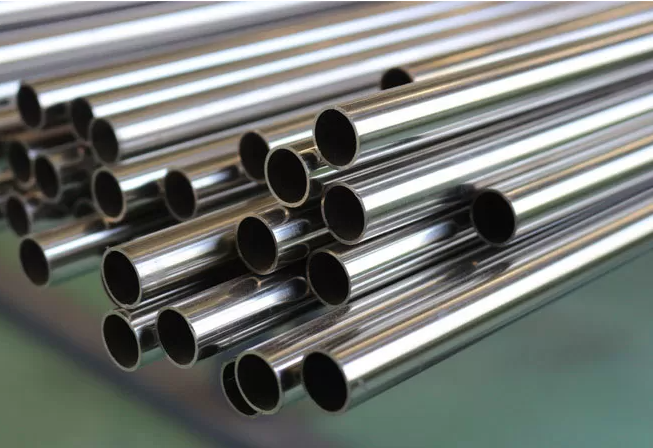With the rapid development of my country's energy, infrastructure, and chemical industries, steel pipe, as a key basic material, has a quality that is directly related to the safety of major projects and the progress of industrial upgrading. Against this backdrop, third-party supervision of production, with its independence, expertise, and authority, has gradually become a core component of the steel pipe industry's quality control system, building a strong "firewall" for the high-quality development of the industry chain.

Steel pipe products have unique application scenarios. Whether it's the corrosion resistance of oil and gas pipelines, the high-temperature strength of high-pressure boiler tubes, or the mechanical properties of pipes used in building steel structures, they must strictly comply with national mandatory standards and industry regulations.
Full-process closed-loop control, professional technology solves quality challenges.
Third-party supervision of production is not a simple "post-test" but a systematic control system covering the entire life cycle of steel pipe production. At a steel pipe production base, reporters observed third-party supervision engineers using handheld smart terminals to record real-time chemical composition test data of steel strip raw materials and wall thickness deviation values during the forming process, and then upload them to a cloud-based monitoring platform via the Internet of Things system. "We've established a 'three checks and three inspections' mechanism," explained Li, the on-site supervisor. These include checking raw material qualifications, process documents, equipment calibration records, forming accuracy, welding quality, and finished product performance. Each step requires traceable electronic documentation.
Technically, third-party supervision is gradually evolving toward "intelligent + refined" approaches. Currently, leading third-party organizations have introduced advanced technologies such as industrial CT, ultrasonic phased array flaw detection, and laser thickness measurement. These enable comprehensive non-destructive testing of internal defects, weld quality, and dimensional accuracy in steel pipes, improving accuracy by over 30% compared to traditional methods. For high-end products like large-diameter longitudinal submerged arc welded pipes, third-party supervision also conducts pressure and fatigue tests under simulated operating conditions to ensure they meet the demands of extreme environments.
From an industry perspective, the standardized development of third-party supervision is helping my country's steel pipe industry overcome the dilemma of "overcapacity at the low end and insufficient supply at the high end." It is understood that nearly 80% of key domestic steel pipe manufacturers have introduced third-party supervision mechanisms. In high-end sectors such as oil and gas pipelines, nuclear power pipes, and pipes for deep-sea drilling platforms, third-party supervision has become a "passport" for companies to enter the international market. A representative from the China Iron and Steel Association stated that the third-party supervision standard system for steel pipes will be further improved in the future, and cross-industry and cross-regional mutual recognition of supervision results will be promoted to provide stronger support for the high-quality development of my country's steel pipe industry.

